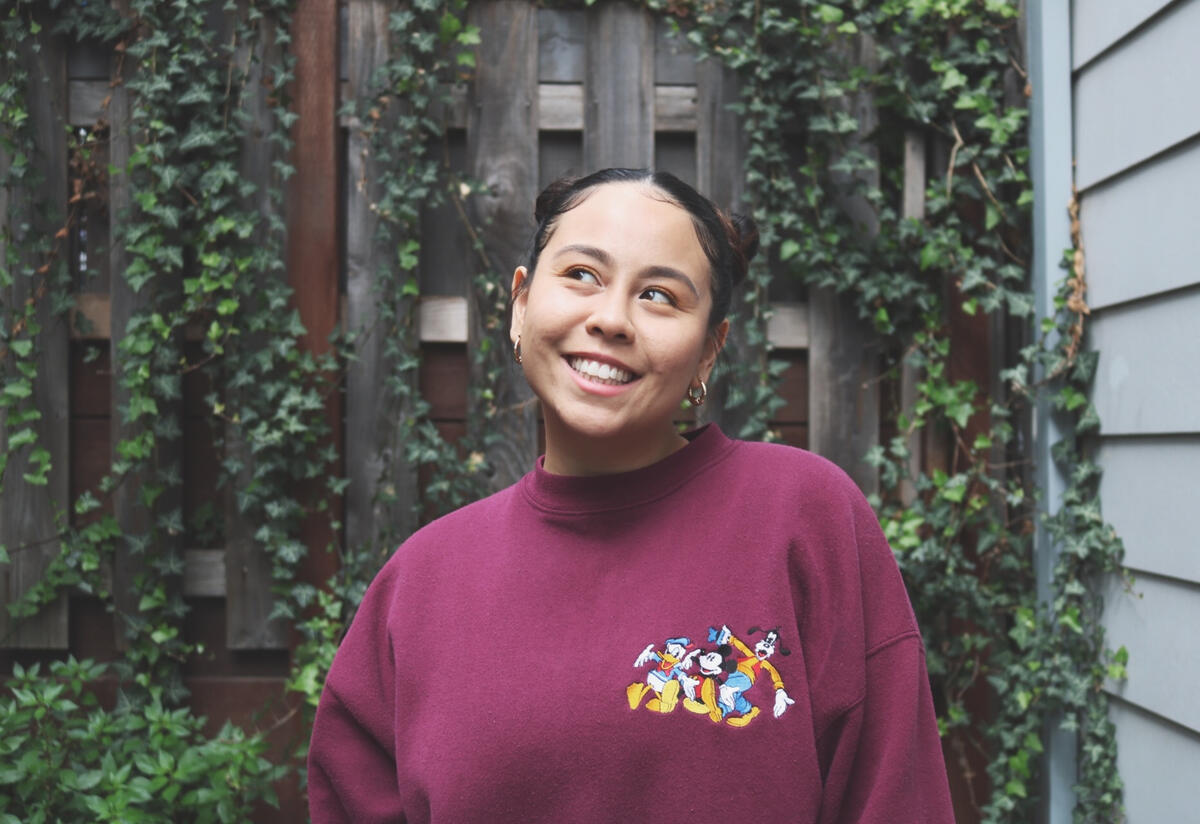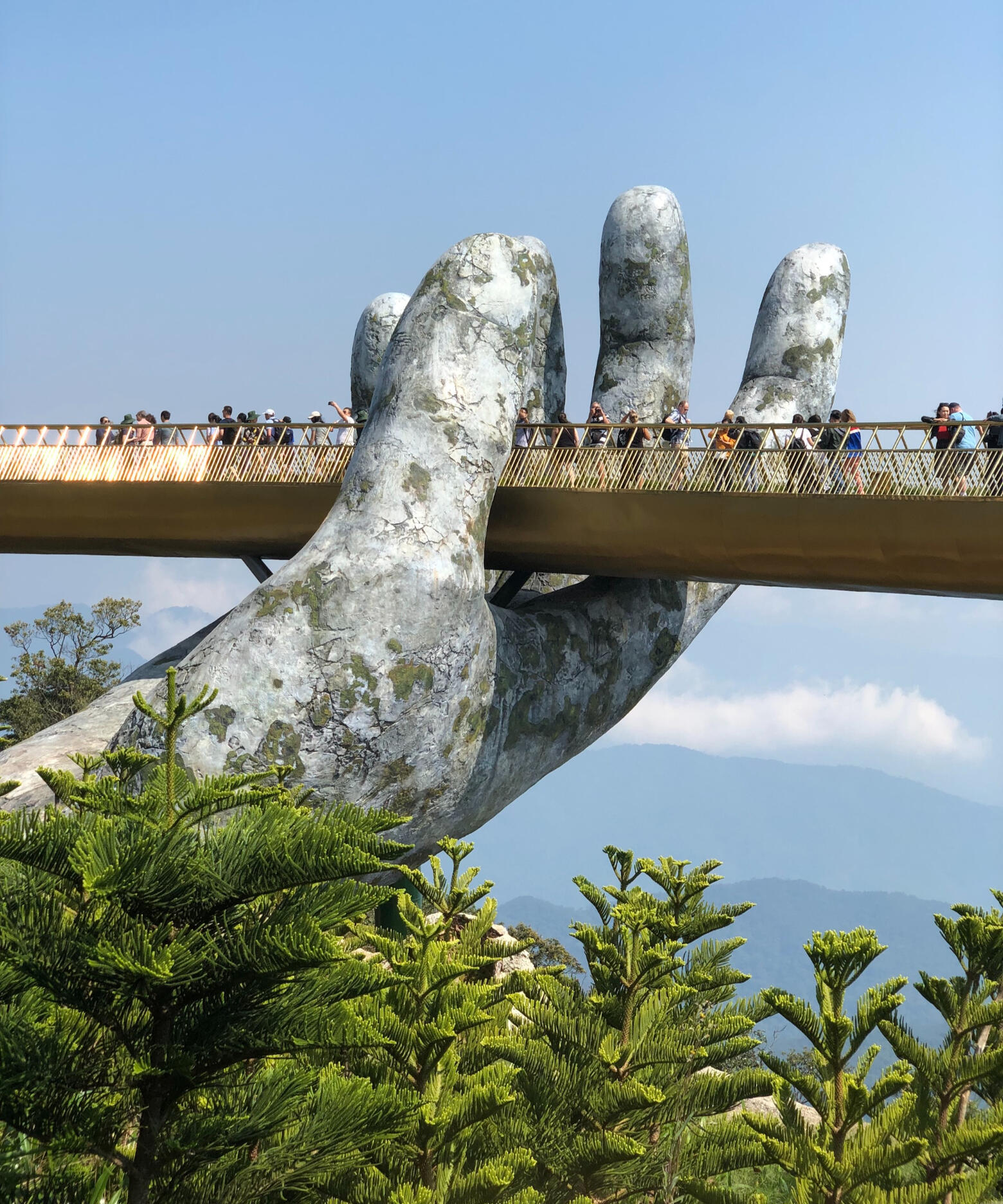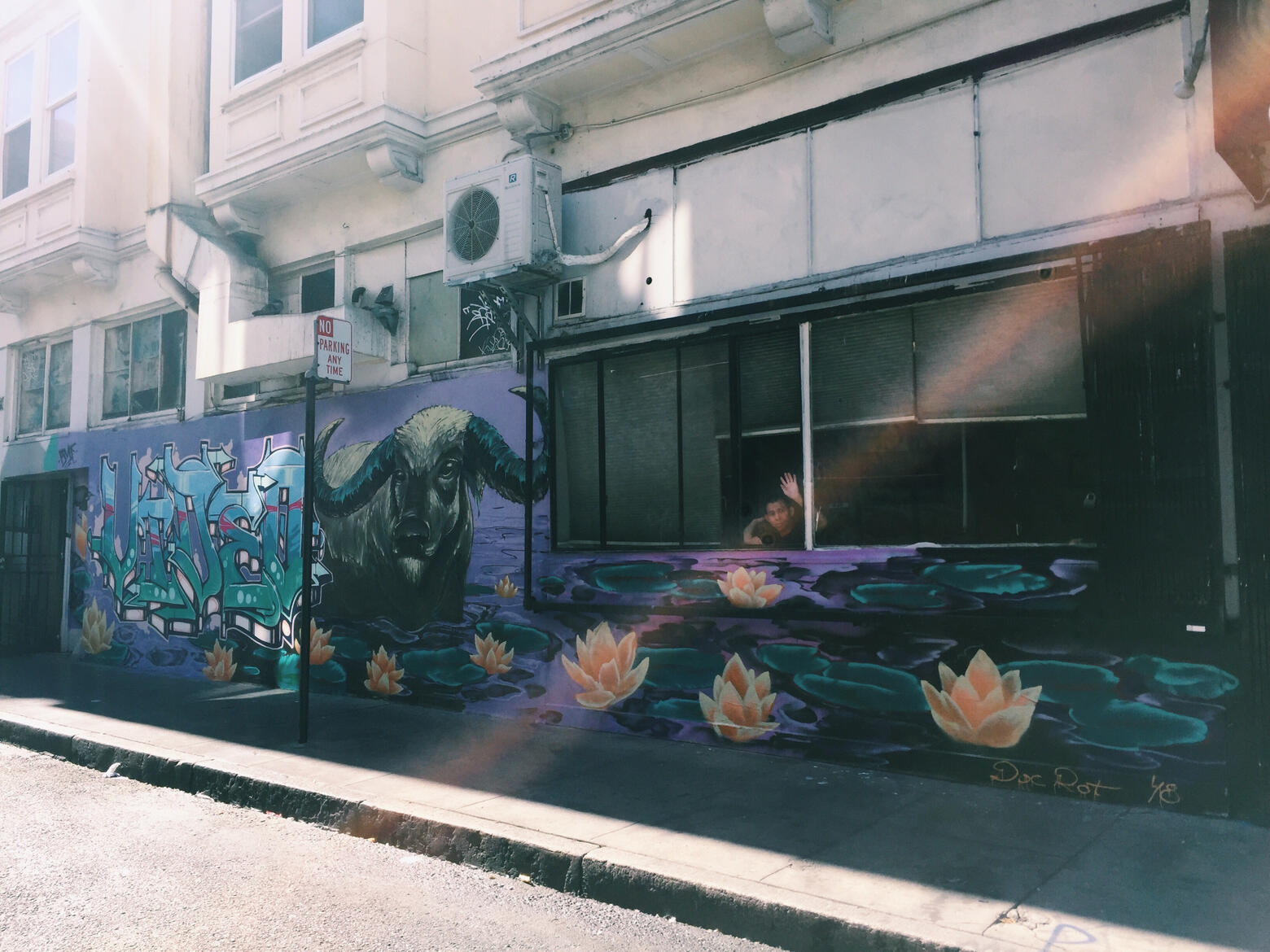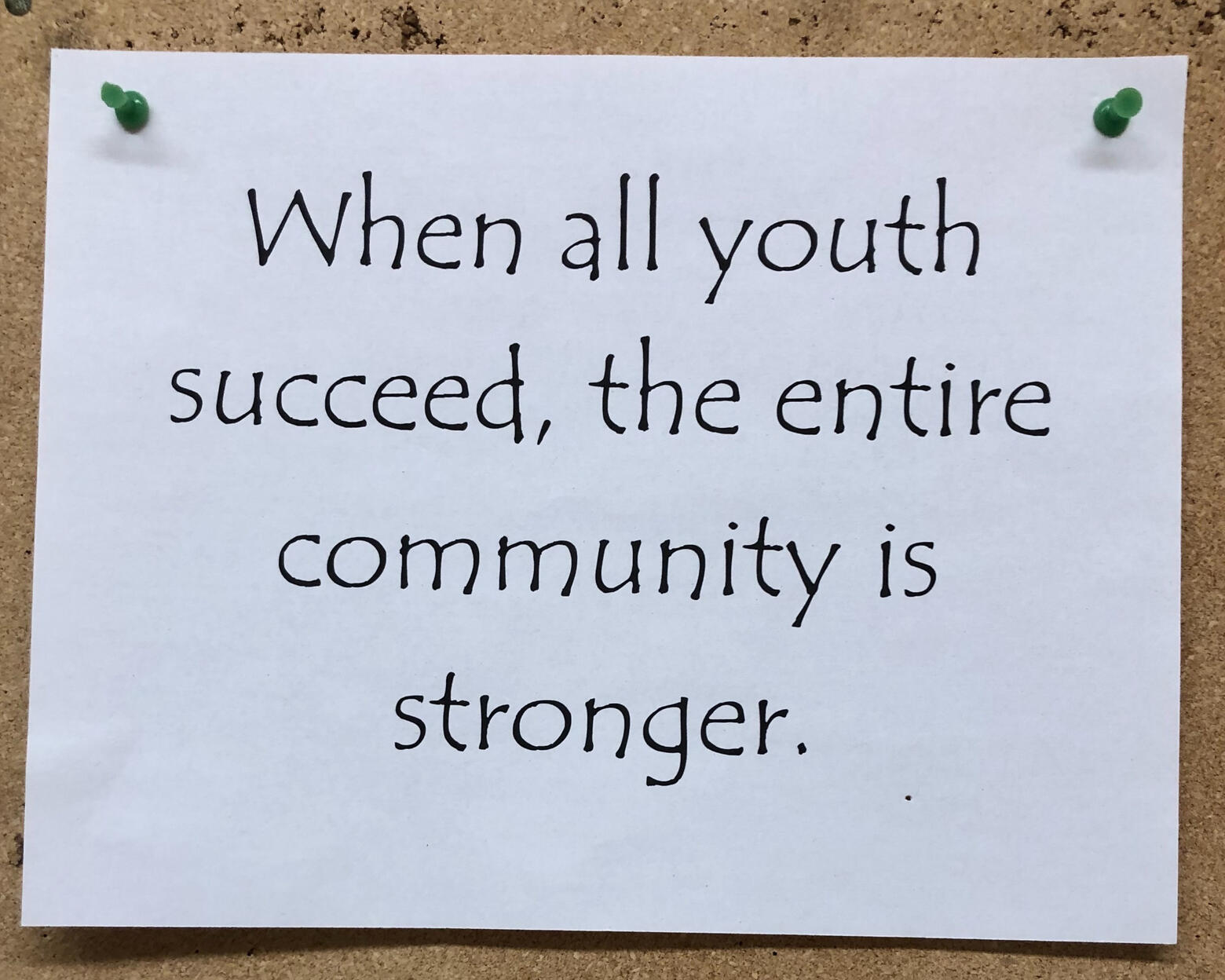
Lucia Hau
She/Her/Hers
Born and raised in San Francisco to Vietnamese and Chinese immigrants. Her parents immigrated to America in 1993, the same year she was born. She is also the oldest of four and is the first in her family to attend college.She attended San Francisco State University and decided to major in biology, but had no idea about the types of career she could pursue with her degree. Her love for science was by accident. Her curiosity about life and things around her was her motivation to continue pursuing science, but found it difficult navigating as a student majoring in biology. She struggled to find a sense of belonging and lack of direction.After graduating, she decided to return back to San Francisco State to pursue a M.S in Biology working in the Science Education Partnership & Assessment Laboratory (SEPAL). Her current thesis project will be investigating Southeast Asian biology students’ experiences at SFSU. Her hope is to not only amplify the voices and experiences of Southeast Asian students, but to understand how people’s identities and stories can shape the way they learn science.
Teaching Philosophy
BIO
Bio is connected to life or any living thing. This word represents my teaching philosophy because as a biologist, I seek to understand the lives of people and their relationship to the environment they live in. I value the stories and experiences of everyone I encounter. I think it’s important for me to create a learning environment where students learn from one another and walk away understanding their connection to the society they live in.
B for Bridge
I hope to bridge the connection between biology and ethnic studies. Not only is it important to understand biology concepts, but it is equally important to explore the responsibilities biologists have to the society they live in. I want students to explore the effects science discoveries have had on their own communities and to think about what it means to be a scientist.

I for Inclusion
Science education tends to focus on one type of learning style, one way of assessing students’ knowledge, and we continue to perpetuate the stereotypes of what it means to be a scientist. My hope is to create a learning environment where we incorporate all learning styles, use different assessment tools, and an opportunity for student to reflect on their own identities as a scientist.

O for Opportunity
In my classroom, I want students to have the opportunity to bring in their own cultural assets and personal perspectives into the classroom. I believe those serve as strengths and as a huge contribution to science. I will provide the opportunity for students to observe, explore, and critically think about the complexities of science.

Sample Course Syllabus
Asian Americans in Science
This course is co-constructed by the students and the instructor. All course readings will be chosen by the students who will lead each week's seminar/community collaboration. Additionally, we will all engage by reading and reflecting on each paper by submitting weekly journal entries on iLearn. Students will have an opportunity to create and develop their own dream job throughout the semester. They will present their dream job at the end of the semester and gain feedback from their colleagues. Topics in this class will include Asian Americans in higher education, Asian Americans’ experiences in science, identity, representation, inclusion, and exploring the different fields of science.
Sample Lesson Plan
Challenges in Being an Asian American Educator in Higher Education
Students will reflect on their own past and current educational journey. They will think about what it means to be an Asian American educator and what that role looks like. They will also reflect on the challenges and barriers of being an Asian American professor and how this shapes their pedagogy.
CONTACT
You can reach me at:
luciahau11@gmail.com